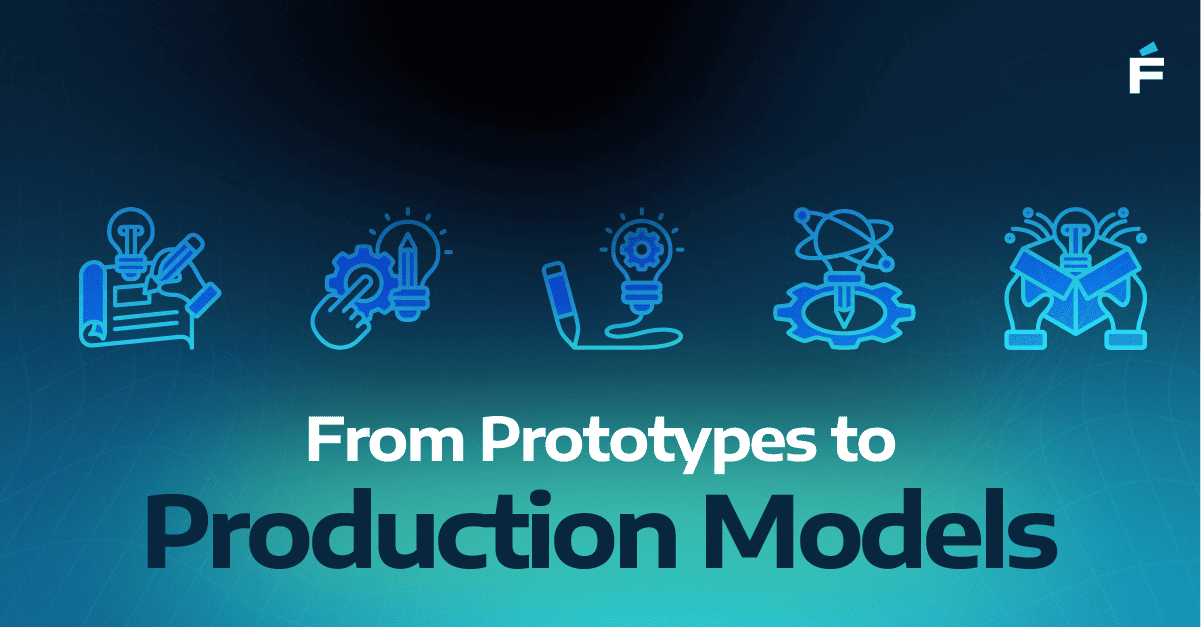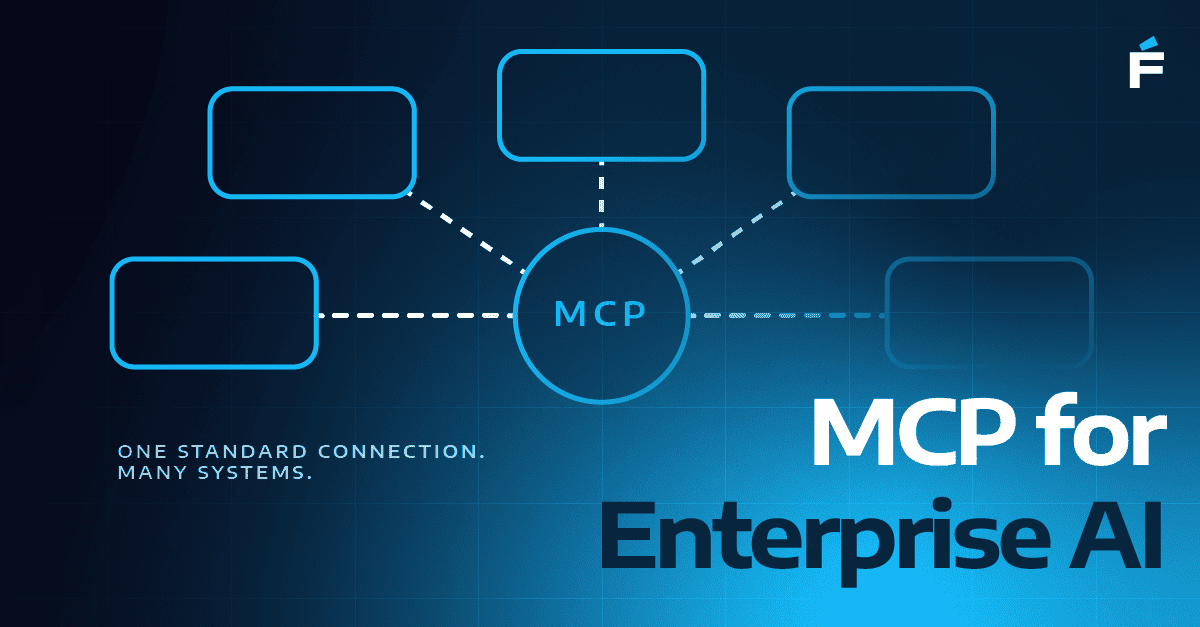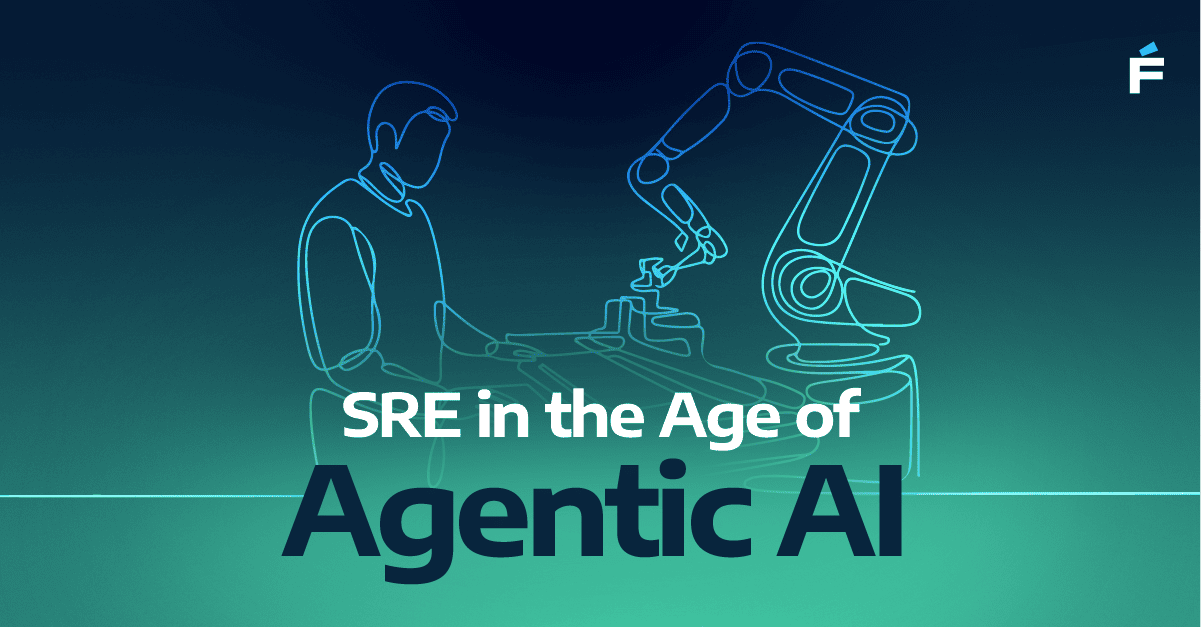Not long ago, AI in engineering was mostly about generating code snippets or accelerating boilerplate. Now, it’s evolving into something far more operational. In 2025, the conversation is no longer just about large language models. It's about AI agents—autonomous tools that understand context, perform actions, and support development teams in real workflows.
At Forte Group, we’ve been testing Claude Code , Anthropic’s AI agent, in real engineering environments—not just prompt playgrounds. The goal? Understand where it actually adds value and where it still falls short. Claude stands out for its developer-first focus and ability to work across real codebases with minimal friction.
Claude in Action: A Real Developer Workflow
To put it to the test, we ran Claude against a real Flutter app. It wasn’t a complex system—but that was intentional. The goal wasn’t to stress test it, but to assess whether it could:
- Interpret project structure
- Refactor real code
- Integrate packages
- Run and validate functionality
- And do it all with minimal developer input
The result? Claude passed the bar—and in some cases, redefined it.
When asked to refactor the app to use the Provider state management package (instead of Flutter’s basic setState), Claude:
- Installed the necessary dependency
- Rewrote the core logic
- Updated the UI interactions
- Ran flutter pub get
- And restarted the app for validation
All of this was done without writing a single line of manual code. It wasn’t just completing prompts — it was making coordinated changes across files, understanding context, and handling runtime commands. That’s a step beyond what most dev teams expect from AI today.
It's Not Just About Code Generation
Where Claude shows real promise is in what I call "vibe coding"—building, refactoring, and validating changes across a living codebase. We had it add features (like a second button for decrementing counters), analyze dependencies, clean up configuration files, and even summarize git changes.
We also tested its debugging capabilities by intentionally introducing type errors. Claude located the issues, provided explanations, and implemented fixes—all while maintaining context. For larger projects, it doesn’t require separate indexing steps; it simply navigates the structure as you direct it.
Need unit tests written and executed? Claude handled that, too.
And when asked to explain the purpose of unfamiliar folders or refactor outdated patterns, it operated like a helpful teammate—one that knows Dart, Swift, Kotlin, and JavaScript equally well.
Where Engineering Leaders Should Pay Attention
This isn’t about novelty. It’s about changing how engineering time is spent. Claude isn’t a replacement for developers—it’s a productivity multiplier when used correctly. But like any new tool, it comes with tradeoffs.
The most important thing to understand is this: delegating work to an agent doesn’t delegate responsibility. The engineer is still accountable for what gets merged. And yes, there will be moments where fixing an agent’s output takes longer than just writing it yourself. That’s why judgment is key—just like choosing when to refactor versus ship.
But used well, agents can reduce context-switching, accelerate onboarding, and support mid-level engineers with architectural patterns or tooling integrations they may not have deep experience with.
This Is a Shift, Not a Shortcut
The best analogy I’ve seen comes from chess. After machines beat humans, the most successful competitions became freestyle — humans and machines working together, using the tools available, and winning based on how well they collaborated. The best human-machine teams outperformed even the strongest chess players or powerful machines.
That’s what’s starting to happen in engineering. The value isn’t just in what the AI does — it’s in how well your engineers learn to orchestrate it.
We're currently rolling Claude into live product environments and will share further insights as we extend its use. So far, it’s proving to be more than just an AI assistant — it’s shaping up to be a practical part of the modern development toolkit.
If your teams are already using GitHub Copilot or dabbling with LLM prompts, now’s the time to explore agents. Not as a replacement, but as an augmentation — one that, with the right oversight, unlocks serious engineering leverage.



